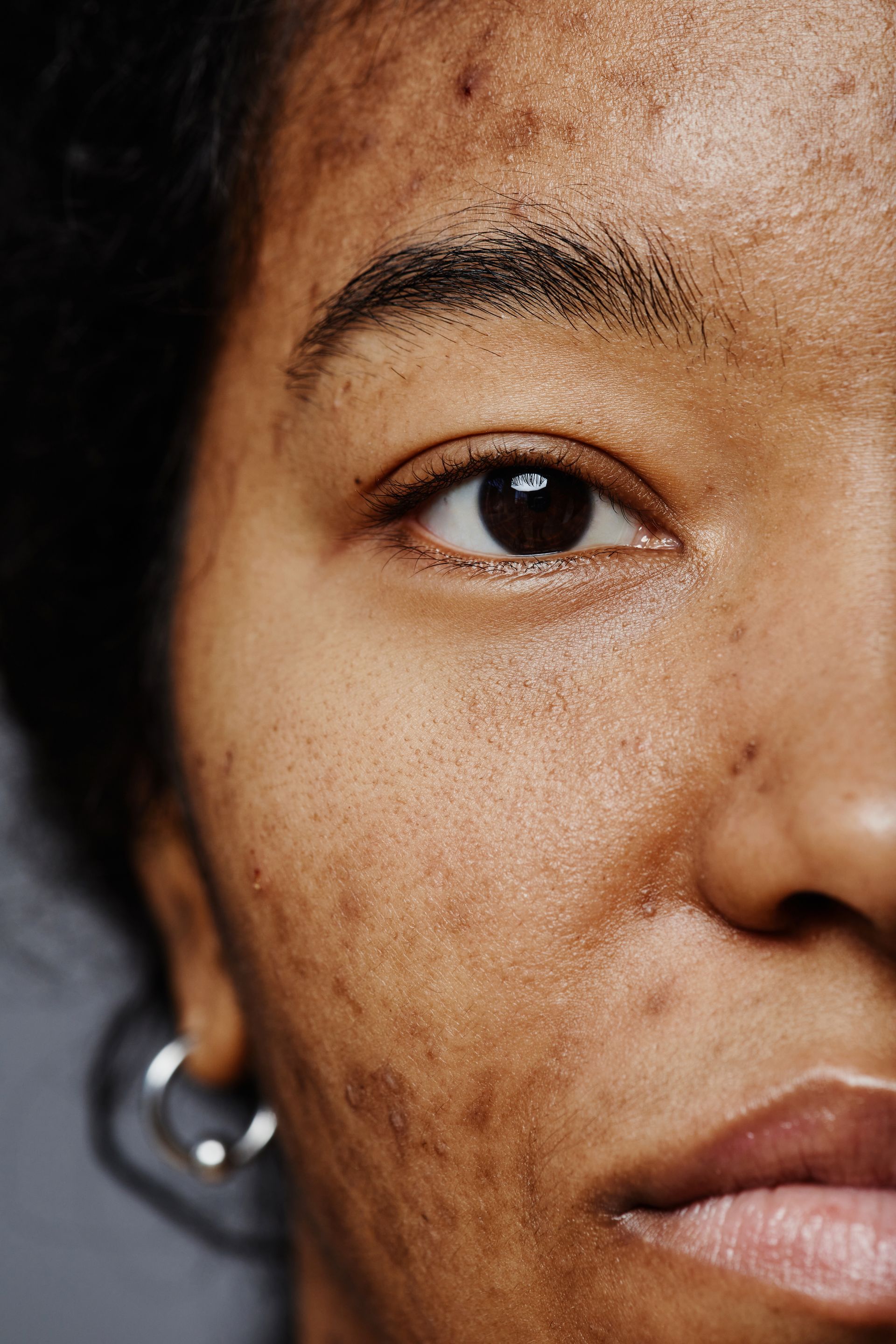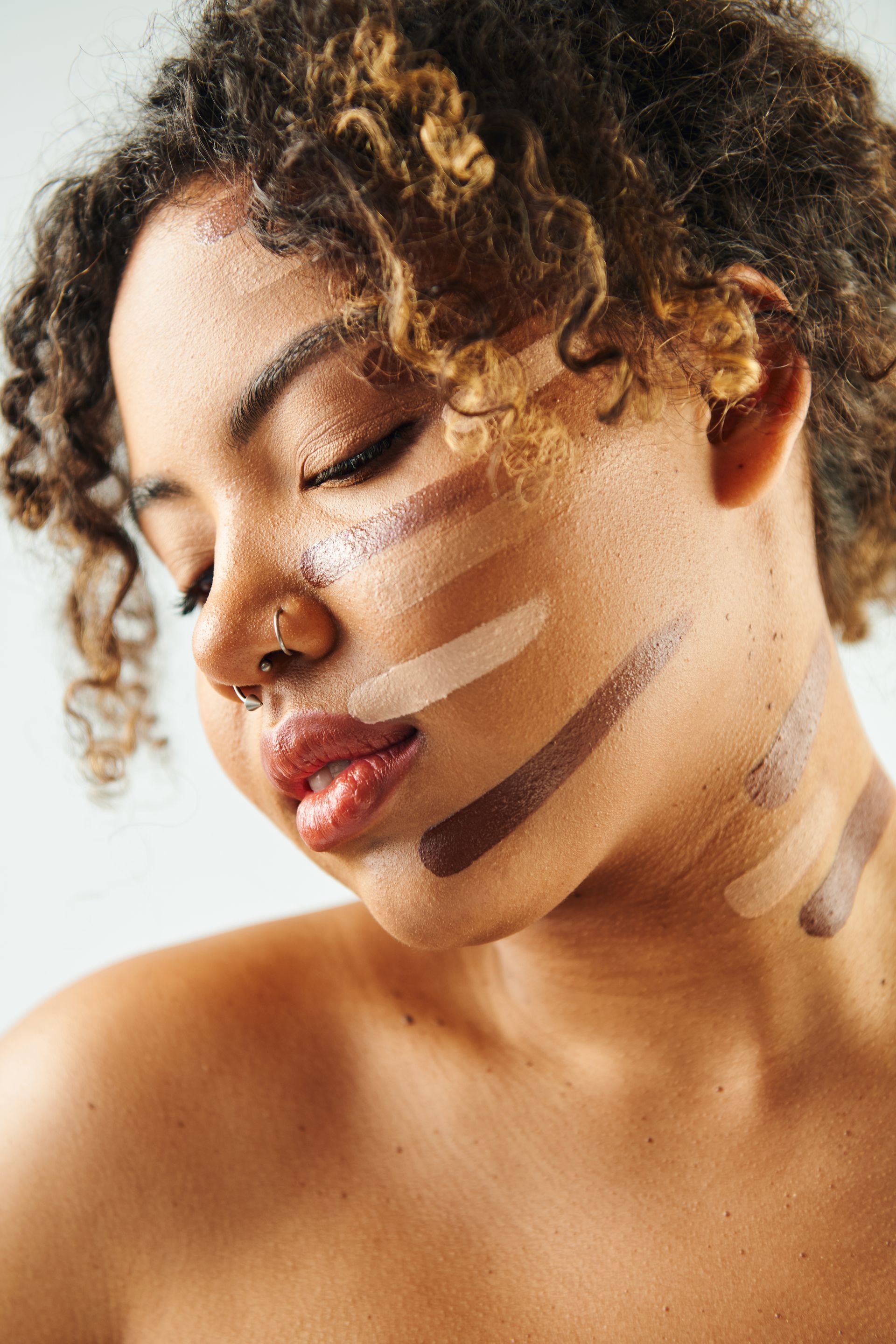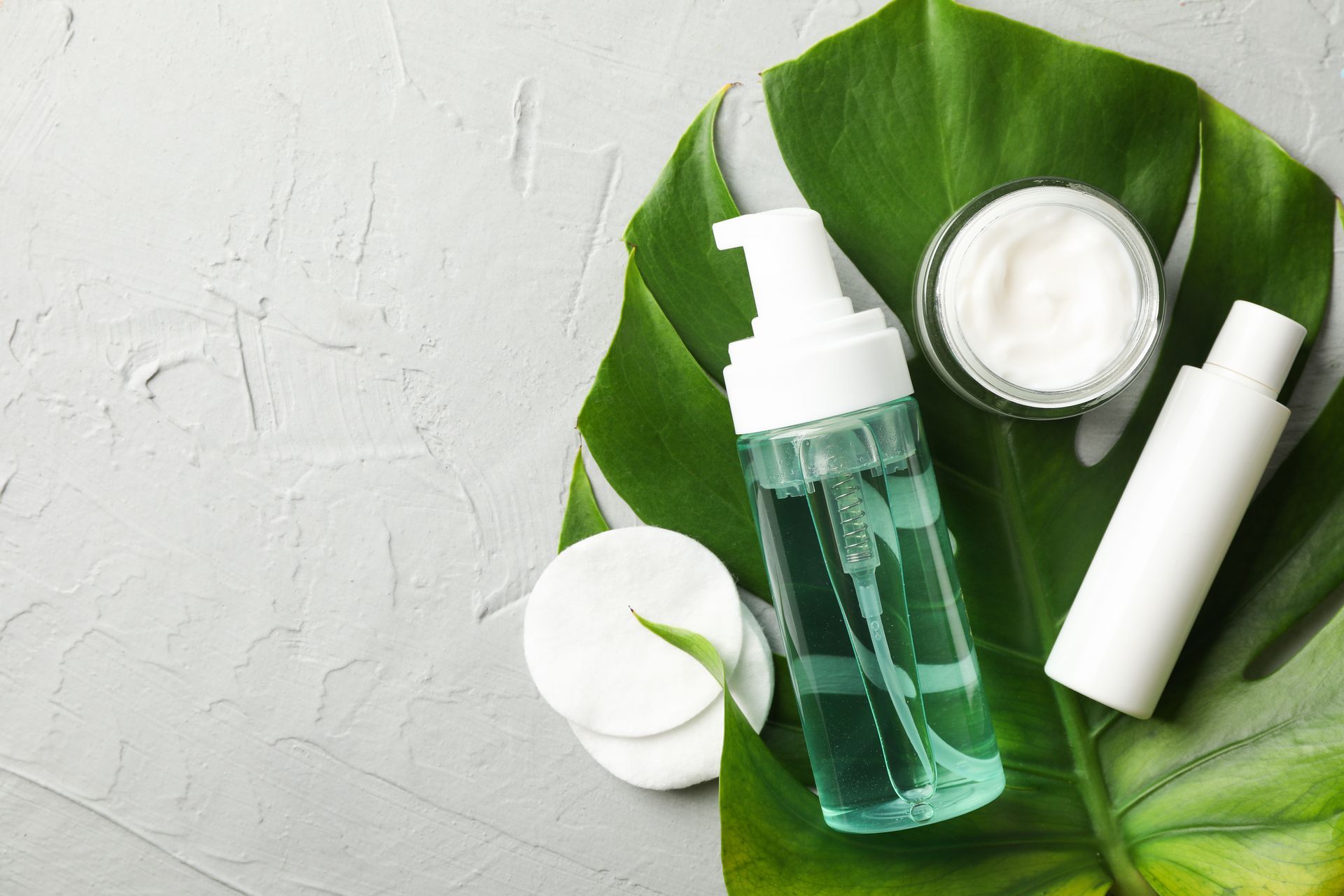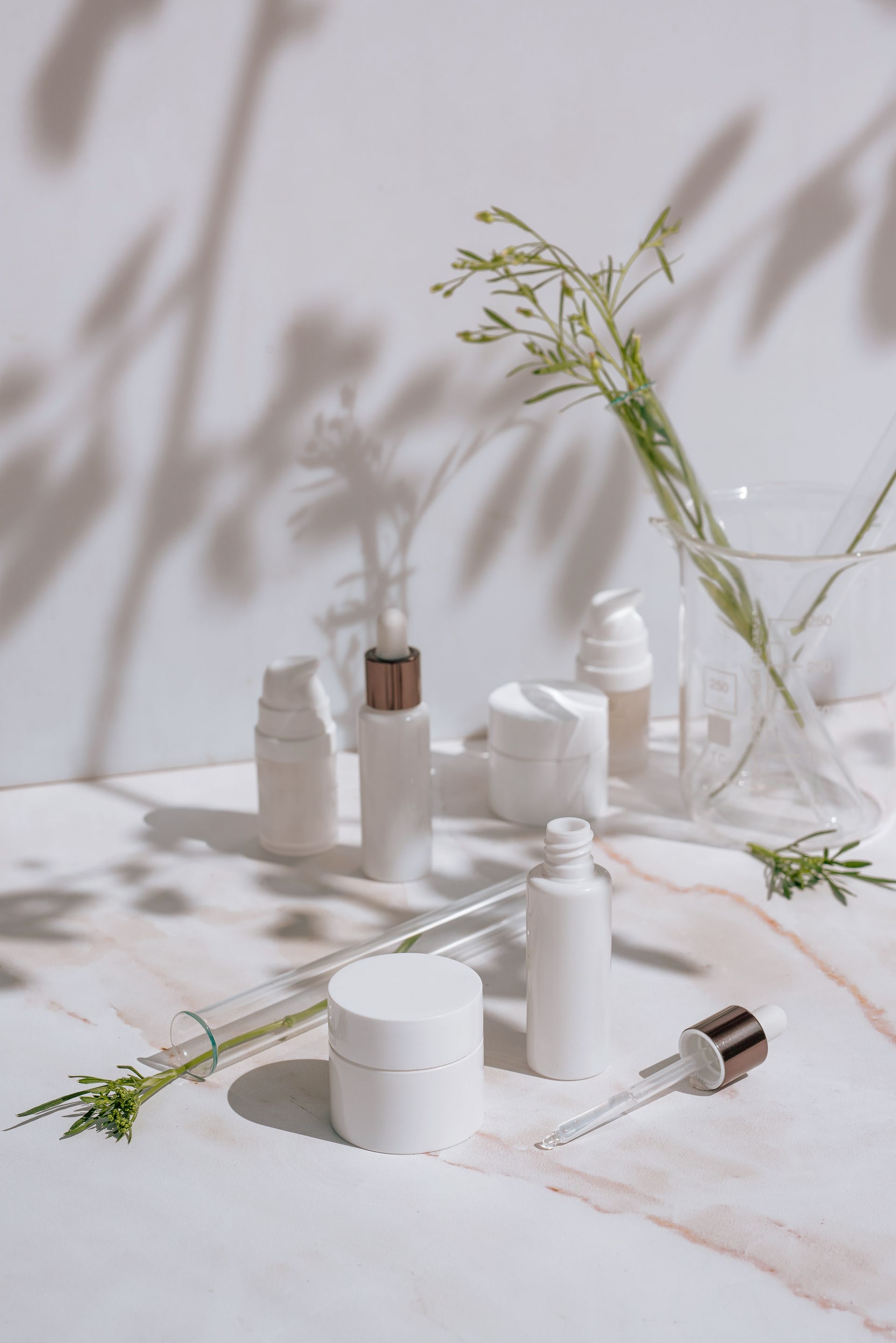Common Toxins in Skincare
Common Toxins Found in Skincare Products—and Why You Should Avoid Them
When it comes to skincare, we all want to trust the products we're using on our skin. However, many popular brands contain toxic ingredients that can be harmful in the long run. Shockingly, while some of these ingredients are banned in other countries, they’re still allowed in the United States. In this blog post, we’ll shed light on a few common toxins found in skincare products, why they’re harmful, and how to protect yourself from potential risks.
1. Phenoxyethanol
One of the most common preservatives in cosmetics, Phenoxyethanol is used to extend a product's shelf life. While it may help prevent bacterial growth, it can be harmful to your skin and body. Studies suggest that phenoxyethanol can cause skin irritation and may disrupt your nervous system if absorbed in large amounts over time. Many countries restrict the concentration of this chemical in skincare products, but the U.S. allows it in higher quantities.
2. Sodium Benzoate
Sodium Benzoate is another preservative commonly found in skincare products, especially in conjunction with other ingredients like citric acid. When combined with Vitamin C, it can form benzene, a known carcinogen. While the levels of benzene formed are usually low, long-term exposure can pose serious health risks. This ingredient has been scrutinized in several countries for its potential to harm skin cells and accelerate aging.
3. Parabens (Methylparaben, Propylparaben)
Parabens are a group of synthetic compounds used to prevent mold and bacteria growth. The most common types include methylparaben and propylparaben. Parabens mimic estrogen in the body, disrupting hormone function and potentially increasing the risk of breast cancer. Many countries have banned or heavily restricted parabens, but they are still widely used in U.S. skincare products.
4. Phthalates
Phthalates are chemicals used to make products more flexible and to preserve fragrance. They are endocrine disruptors and have been linked to reproductive and developmental issues. Phthalates are banned in Europe, but you’ll often find them in products like lotions, deodorants, and perfumes sold in the U.S.
5. Formaldehyde-Releasing Agents
Some skincare products contain formaldehyde-releasing agents like DMDM Hydantoin or Quaternium-15. These chemicals release small amounts of formaldehyde, a known carcinogen, over time to prevent microbial growth. Prolonged exposure can lead to irritation, allergies, and even cancer. Other countries have either banned or restricted formaldehyde in cosmetics, but it remains in many products in the U.S.
6. Fragrance
Fragrance or "parfum" may sound harmless, but it’s often a cocktail of synthetic chemicals. These fragrances can contain harmful substances like phthalates and cause skin irritation, headaches, or hormone disruption. The vague labeling allows companies to hide dozens of toxic chemicals under the term "fragrance."
Why the U.S. Allows These Toxins
Unlike the European Union and other countries, the U.S. does not have stringent regulations for skincare ingredients. While the FDA monitors cosmetics, many harmful chemicals are still permitted at levels that are deemed "safe." However, the cumulative effects of these toxins from everyday use can pose health risks over time.
Protect Yourself: Read Labels and Choose Wisely
Understanding what’s in your skincare is the first step toward healthier skin. Here are a few tips:
- Read ingredient labels carefully and avoid products containing the toxins mentioned above.
- Choose clean beauty brands that prioritize non-toxic ingredients and transparency.
- Look for certifications like "paraben-free," "phthalate-free," and "fragrance-free" when purchasing products.
At Perri Skin, we are proud to offer a patent-pending, all-natural Anti-Aging Glow Serum that is free of harmful toxins like Phenoxyethanol, Parabens, and Phthalates. Our products are Dermatologist-Tested, Clinically Proven, and formulated with safe, effective ingredients that truly nourish your skin without harmful side effects.
Stay informed, stay healthy, and always be mindful of what you put on your skin. Your skin—and your body—deserve better.









